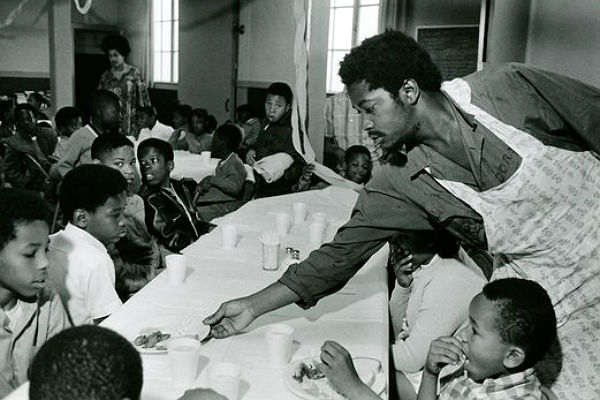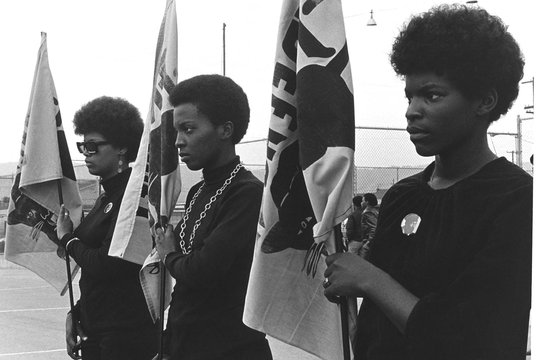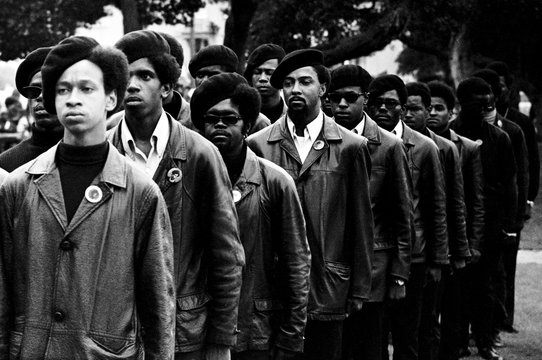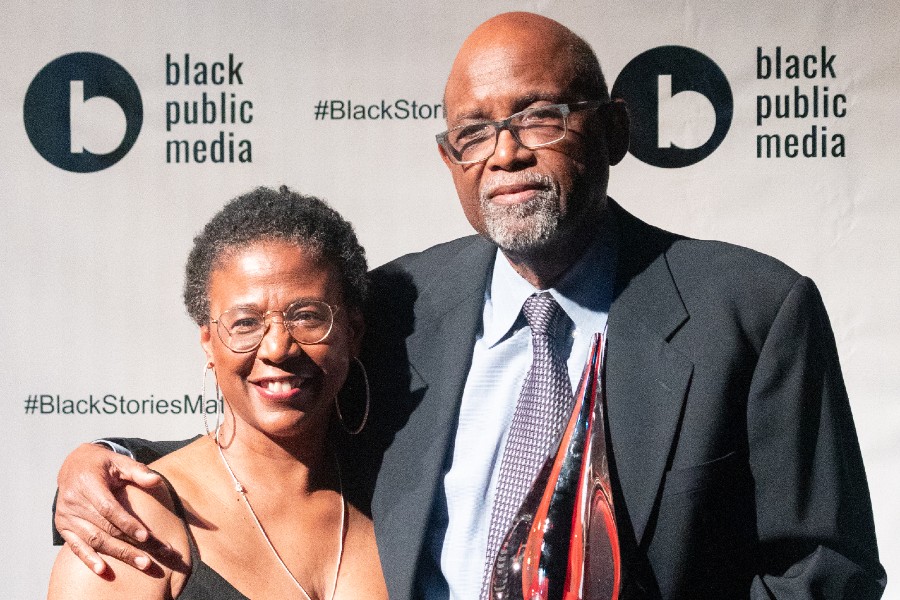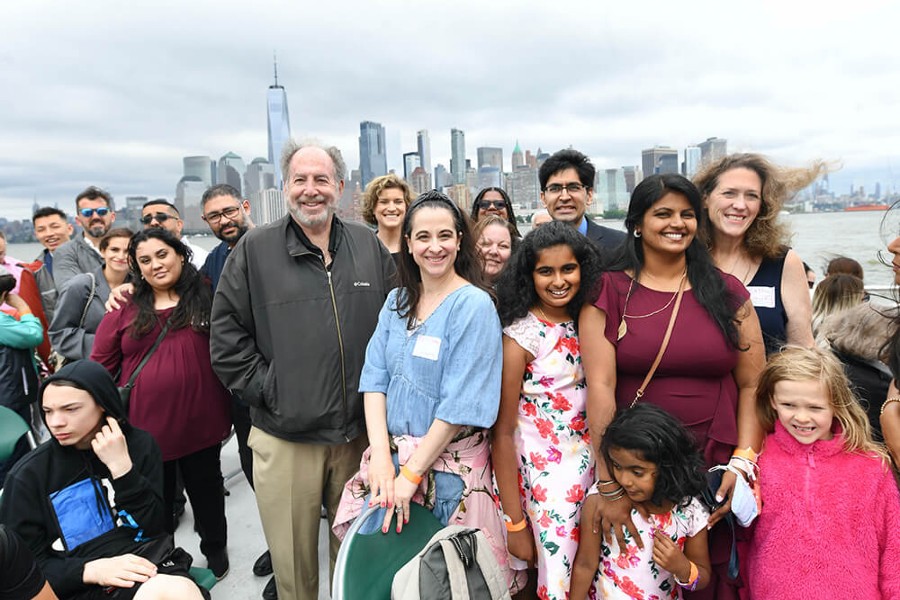To tell the story of the Black Panther Party is to explore race, economic inequality, political corruption, violence, police brutality, the politics of style, betrayal and hope.
If it sounds like too much for a feature-length documentary then you have an idea of what director, Stanley Nelson faced during the production of ‘The Black Panthers: Vanguard of the Revolution.’
Nelson’s goal of presenting as much historical fact as possible about the Black Panthers within two hours sees him employ the use of archival footage and interviews with surviving members of the organization, FBI informants and retired police officers. The result is an overview of the Black Panther Party that celebrates its bold activism while critiquing the external (namely, the targeted actions of J. Edgar Hoover’s FBI) and internal destructive forces that led to its demise.
Established in 1966 in Oakland, California, the Black Panther Party began in response to systemic racism and police brutality. As highlighted by the current #BlackLivesMatter movement and recent deaths of numerous unarmed Black men and women by police this issue continues to resonate. Check out a few highlights below from our talk with Nelson about the possibilities and limits of his film and the Black Panther Party’s enduring legacy.
On giving the Black Panther Party’s story the scope it deserves:
“I thought there had not been film that covered the rise and fall of the Black Panthers. The Panther narrative is long and complicated and there are different elements. I am hoping people go back and single out pieces and tell those stories. But we wanted to give a sense of who the Panthers were, what made them catch on and what brought them down. What I tried to do is pull together all these pieces into one.”
On why the documentary fails to address the topic of LGBT members in the Black Panther Party:
“It was hard for us to get there and to touch on everything we needed to touch on. The film has no narration and it is not easy to take a left or a right turn. It is crammed pack at two hours and it needed more time than that. We couldn’t make it longer with another chapter but we did what we could.”
On what youth activists can learn from the Black Panther Party:
“The Black Panthers were young people who started out with nothing and seized the time. The general rank and file was 20 and under so these were young groups of teenagers. It is important for young people to understand they can have power and make change. So many of the things the Panthers fought for like schools, housing and employment are things we are still fighting for today. The Panthers started because of police brutality and we are still right in the middle of that same battle. There is also a cautionary tale about destruction from outside and destruction from inside due to the personalities that led to the party’s destruction.”
On the media savvy legacy of the Black Panther Party:
“Their legacy shows that we need to be forceful and sometimes aggressive. I don’t think violence is something that works. It certainly doesn’t work up against people with unlimited military resources. But I think the real legacy of the Panthers and their model is their controlled use of the media to get their message out there. We are in a different time of social media being used. There is a new generation of activists who really feel they can make change with social media and that is only a good thing.”
This interview has been edited and condensed for clarity.
The weekly column, On the “A” w/Souleo, covers the intersection of the arts, culture entertainment and philanthropy in Harlem and beyond and is written by Souleo, founder and president of event/media content production company, Souleo Enterprises, LLC.
Become a Harlem Insider!
By submitting this form, you are consenting to receive marketing emails from: Harlem World Magazine, 2521 1/2 west 42nd street, Los Angeles, CA, 90008, https://www.harlemworldmagazine.com. You can revoke your consent to receive emails at any time by using the SafeUnsubscribe® link, found at the bottom of every email. Emails are serviced by Constant Contact


